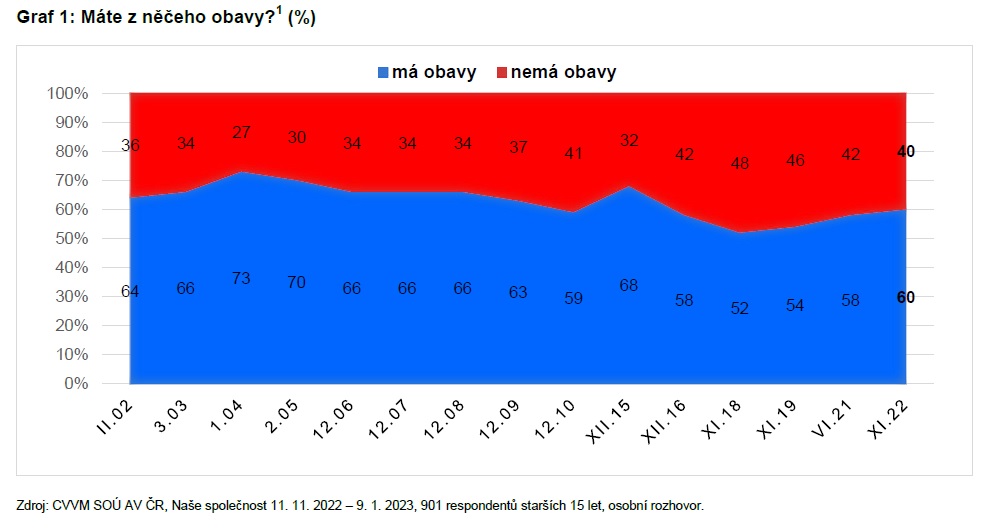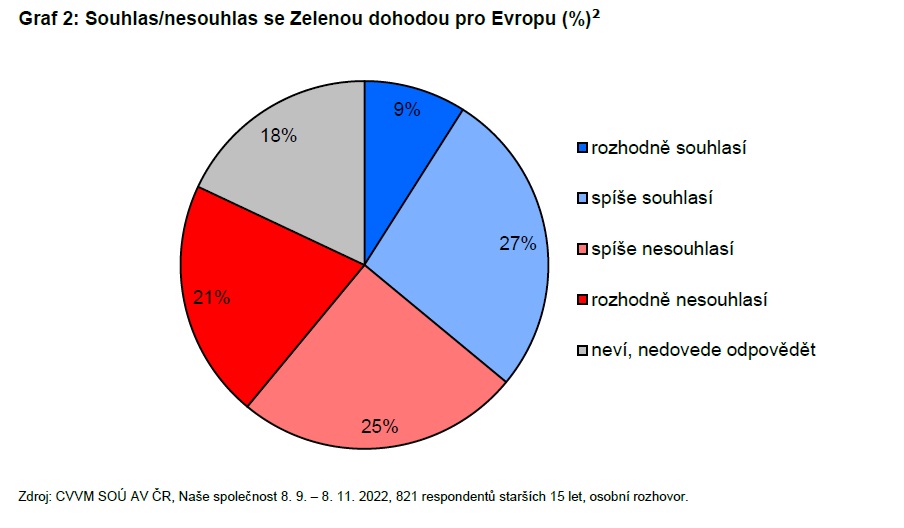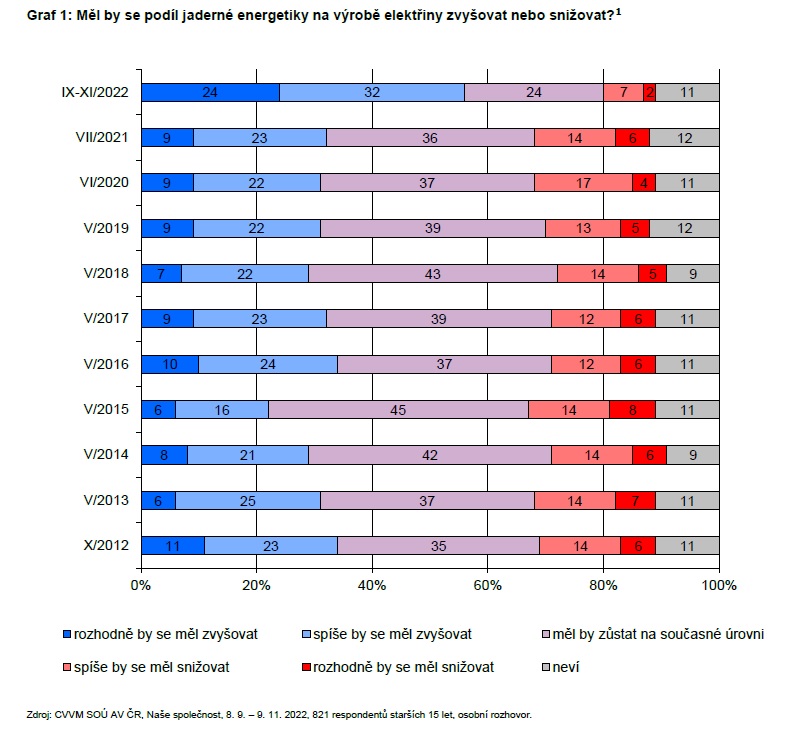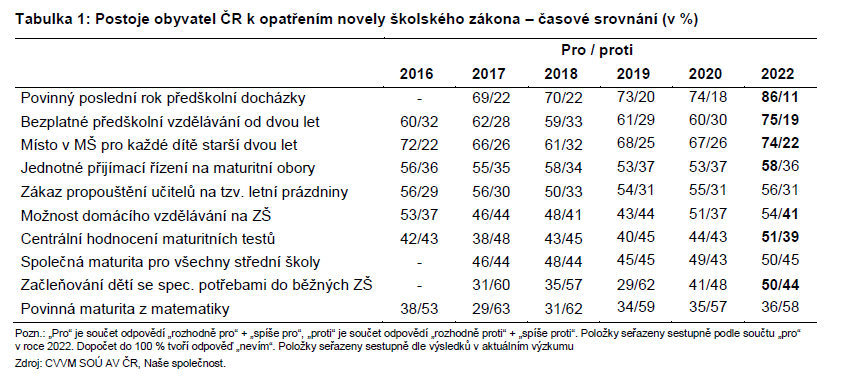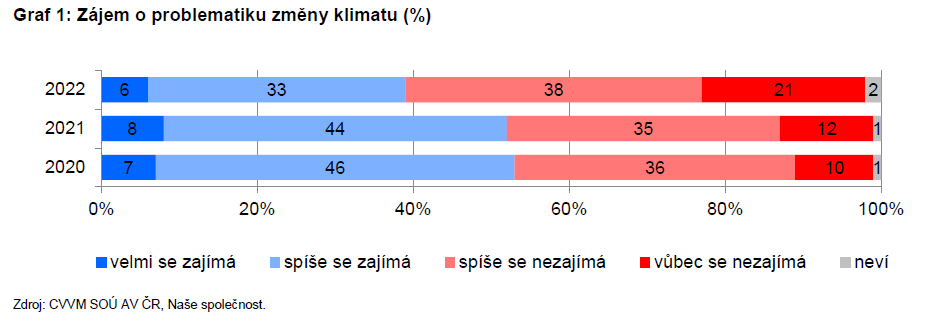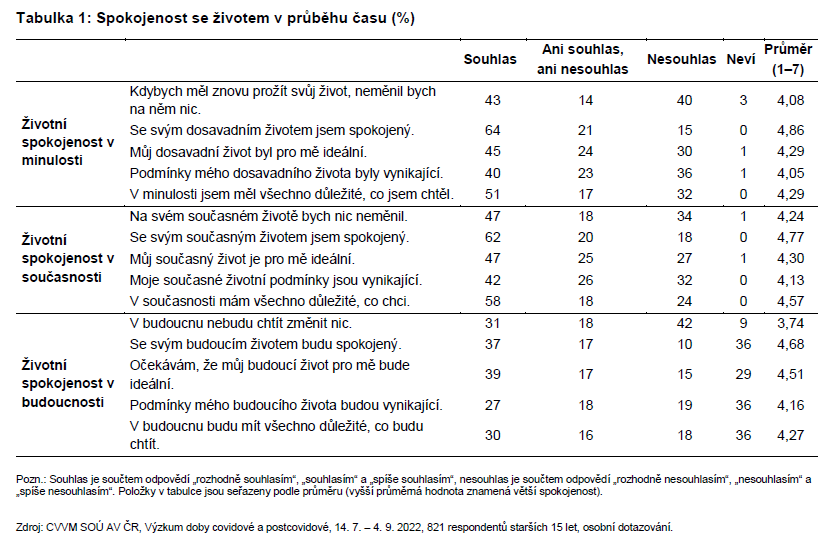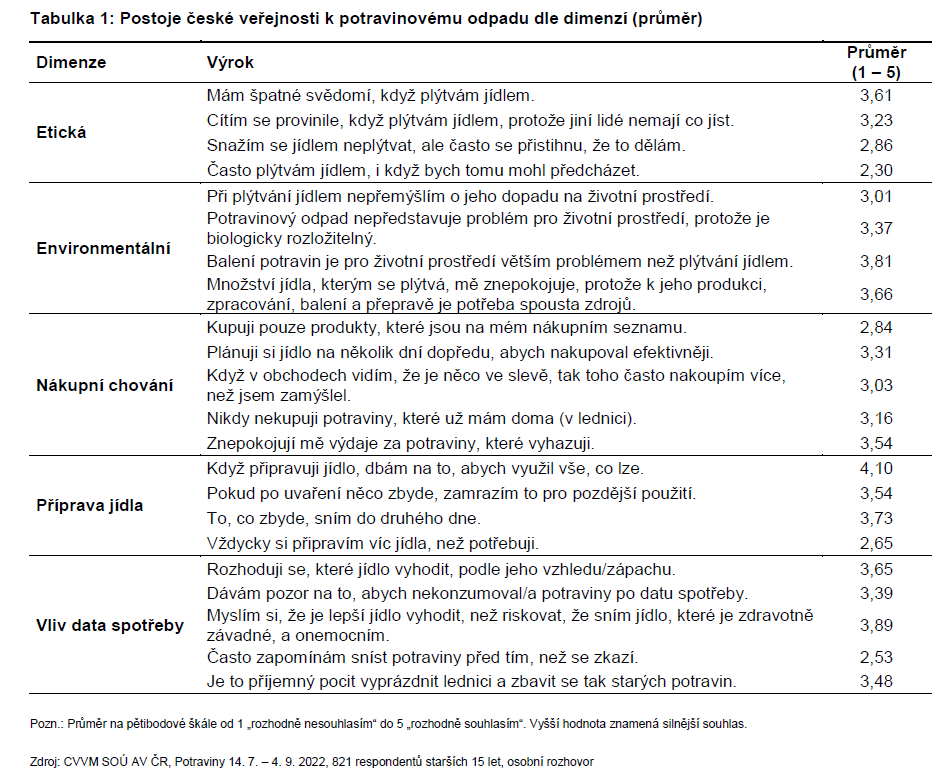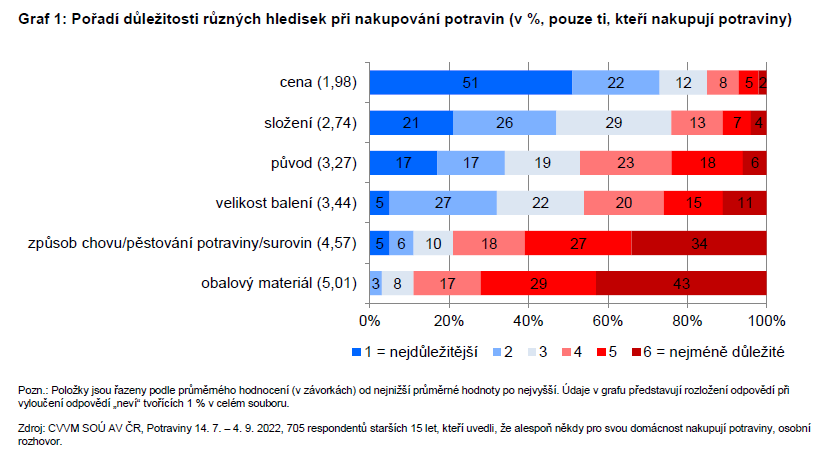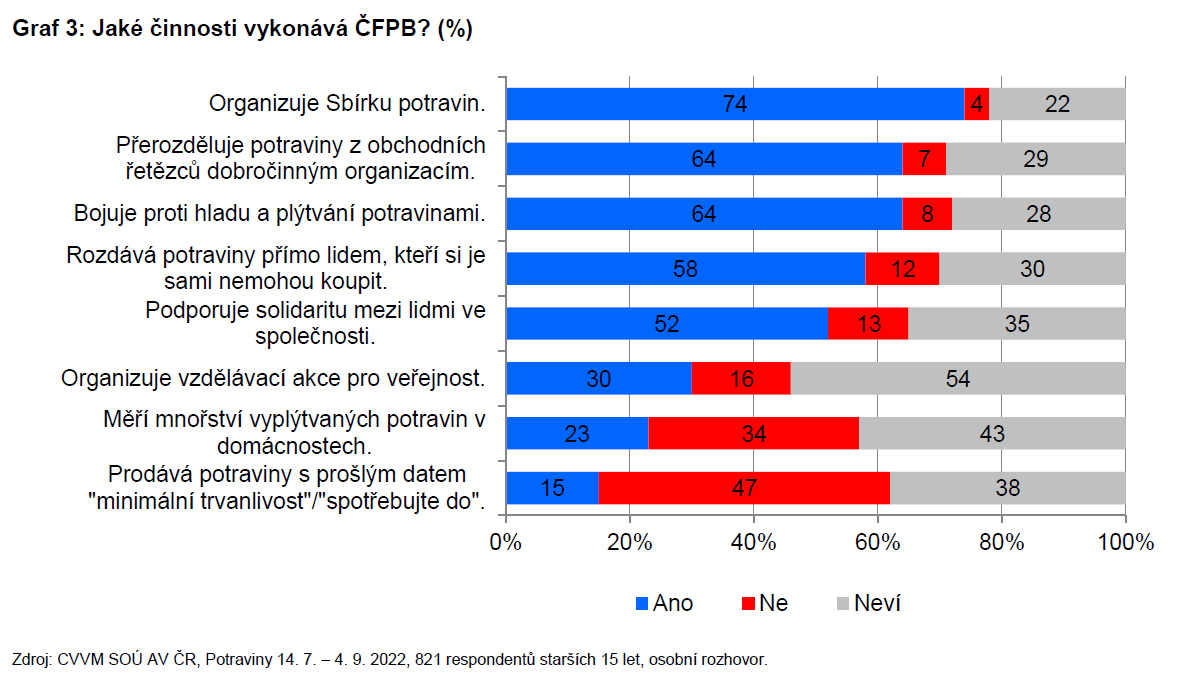Public Fears, Feeling of Safety and Satisfaction with the Activities of the Police – November and December 2022
In November survey of the Public Opinion Research Centre, citizens answered questions concerning their fears, their sense of security and their satisfaction with the activities of the police.
Full press release


